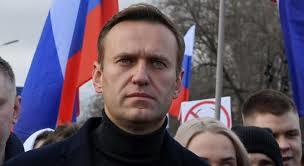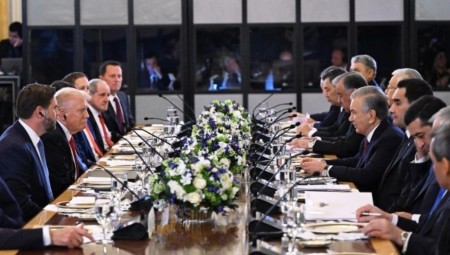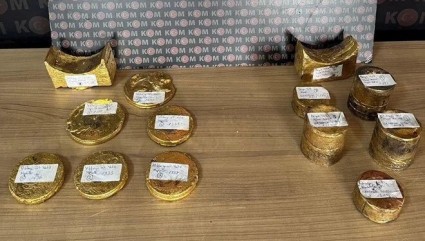Aleksei A. Navalny, the Russian opposition leader who has been in Germany for months recovering from a nerve-agent attack that Western officials say was carried out by the Russian state, said on Wednesday that he would return to Russia this weekend despite the threat of being jailed upon arrival.
Mr. Navalny said in social-media posts that he had bought a ticket for a flight to Moscow this Sunday. His announcement that he will return came just two days after Russia’s prison authority petitioned a court to imprison Mr. Navalny for what it said was violating the terms of an earlier suspended prison sentence.
“They are doing everything they can to scare me,” Mr. Navalny said in an Instagram post on Wednesday, referring to the Russian authorities. “But I don’t much care about what they are doing. Russia is my country, Moscow is my city, and I miss them.”
Mr. Navalny was poisoned by a military-grade nerve agent in Siberia in August in what he and Western officials say was an assassination attempt by the Russian government. He fell into a coma, and was flown to Berlin for treatment.
He said on Wednesday that he now believed he was well enough to return to Russia. He said he planned to travel on the low-cost airline Pobeda — Russian for “victory” — and that he would arrive in Moscow on Sunday.
“Come meet me!” he said.
Within days of emerging from a medically induced coma at the Charité hospital in Berlin in September, Mr. Navalny pledged to return to Russia. But his surprise announcement on Wednesday about the timing of that return jolted Russian politics — setting up a high-stakes decision for the Kremlin on how to respond.
Last month, working with the open-source investigative organization Bellingcat, Mr. Navalny released two YouTube videos documenting an elaborate plot by Russia’s domestic intelligence service, the F.S.B., to kill him. The videos have been viewed a total of 45 million times.
At the same time, the Kremlin raised the pressure on Mr. Navalny, signaling that he would end up in jail if he returned to Russia. President Vladimir V. Putin described Mr. Navalny as a C.I.A. asset and quipped that if Russian agents had wanted to kill the opposition leader, “they would have probably finished the job.”
But imprisoning the opposition leader would carry risks for the Kremlin because the move could set off protests, and, by announcing his imminent return, Mr. Navalny appears to be calling Mr. Putin’s bluff. An ally of Mr. Navalny, Lyubov Sobol, was jailed in Moscow for 48 hours in December, then released.
There was no public reaction Wednesday from the Kremlin to Mr. Navalny’s announcement that he planned to return. Last month, Mr. Putin’s spokesman, Dmitri S. Peskov, said the opposition leader was free to return to Russia like any Russian citizen.
Polls show that Mr. Navalny is Russia’s most prominent opposition figure — with an online audience in the tens of millions, well beyond the liberal strongholds of Moscow and St. Petersburg.
“I ended up in Germany, having arrived in an intensive-care box, for one reason: they tried to kill me,” Mr. Navalny wrote on Instagram. “Putin, having ordered my killing, is screeching in his bunker and ordering all his servants to do everything to prevent me from returning.”
After Mr. Navalny’s announcement, his team created a Facebook page urging people to greet him at Moscow’s Vnukovo airport on Sunday evening. Within hours, some 3,000 people responded that they might go.















